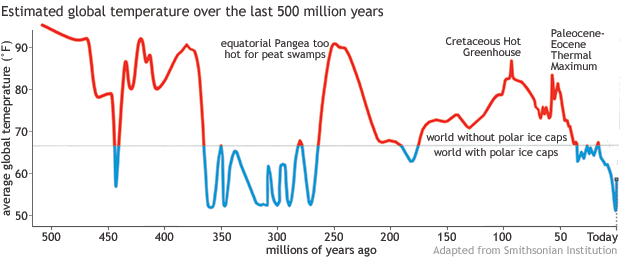Written by Joseph Moore
This year, Peter Singer published Animal Liberation Now, a significantly updated version of his 1975 animal rights classic. Both the original and revised text argue that humans should refrain from inflicting unnecessary suffering on non-human animals, especially the cruel practices still commonly employed in factory farming and animal experimentation. And as a step towards this collective action, Singer urges his readers to modify their individual purchasing practices by preferring cruelty-free products or, even better, committing to vegetarianism or veganism.
The bulk of the revisions in the new edition concern the empirical facts on the ground, both the positive changes in the treatment of non-human animals since the original printing as well as ongoing, legally sanctioned cruel practices. Unfortunately, the philosophically weakest part of Singer’s influential argument, which occurs in the first chapter, has received no additional support in this edition. This is his claim that ‘the capacity for suffering and enjoyment is a prerequisite for having interests, a condition that must be satisfied before we can properly speak of interests at all’. The supposed necessity of sentience for having interests is why Singer limits his ‘principle of equal consideration of interests’ to (some) animals and does not extend it to living things in other kingdoms—plants, fungi, bacteria, etc.—or other kinds of subjects. But this relatively undefended assertion was dubious in 1975 and is even more dubious now. Singer’s restriction of interests to sentient beings is just as arbitrary as the speciesism he decries.Read More »Is Animal Liberation Speciesist?




